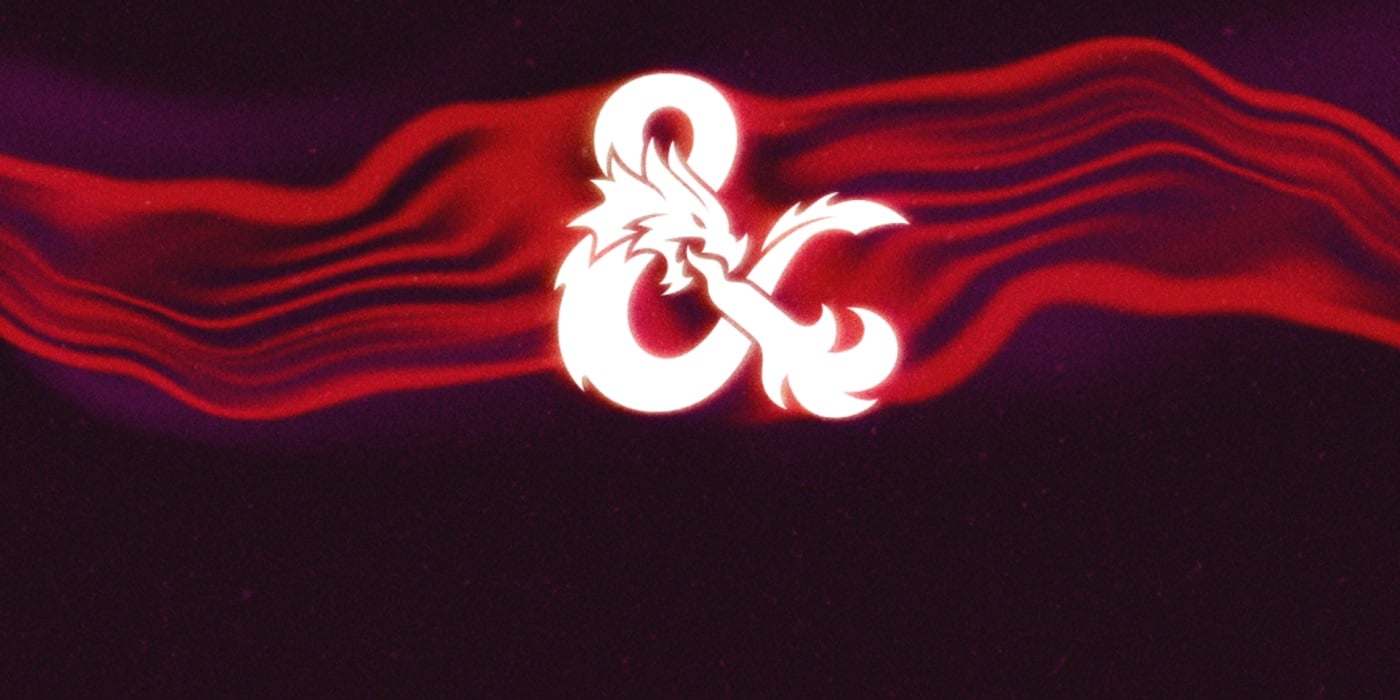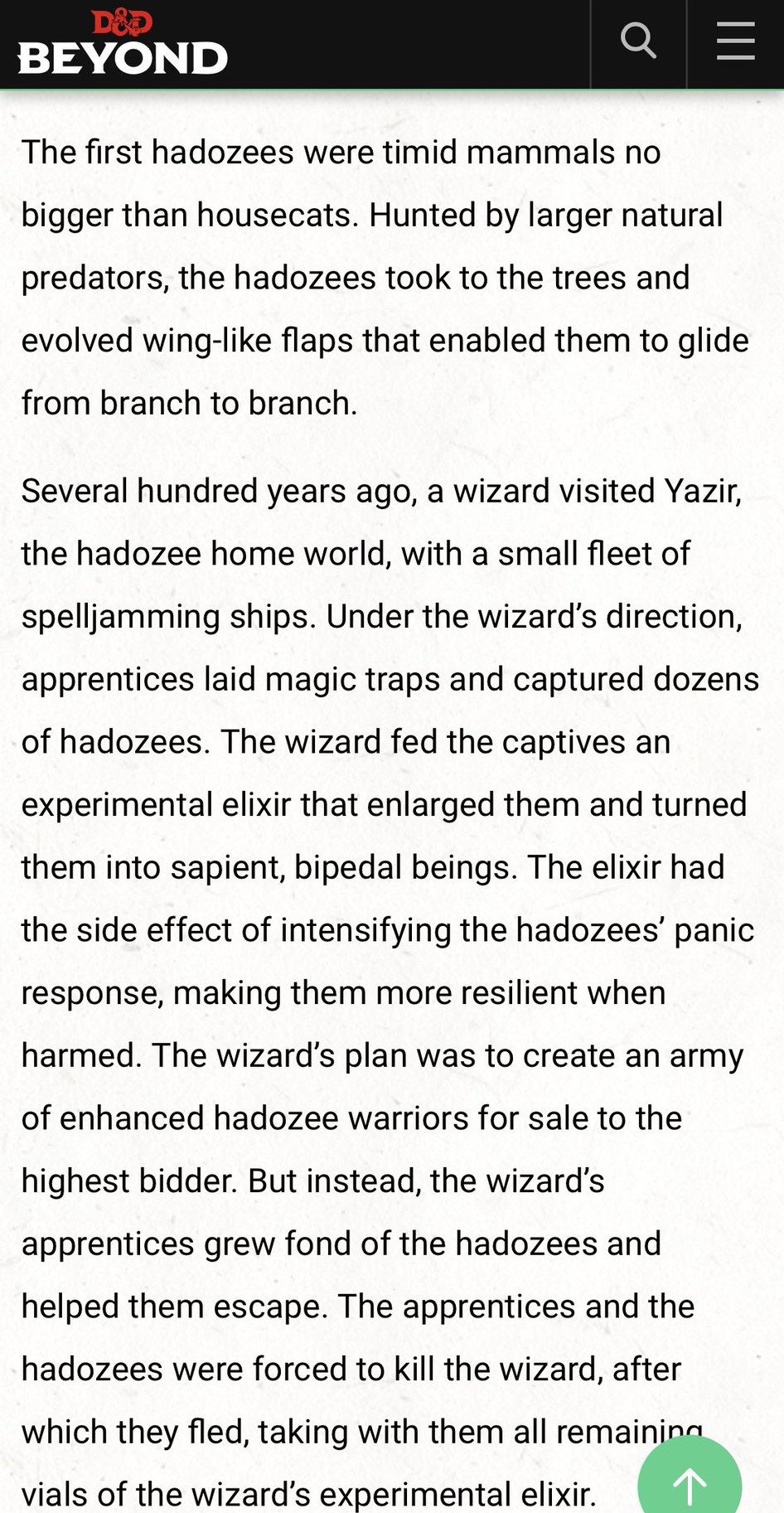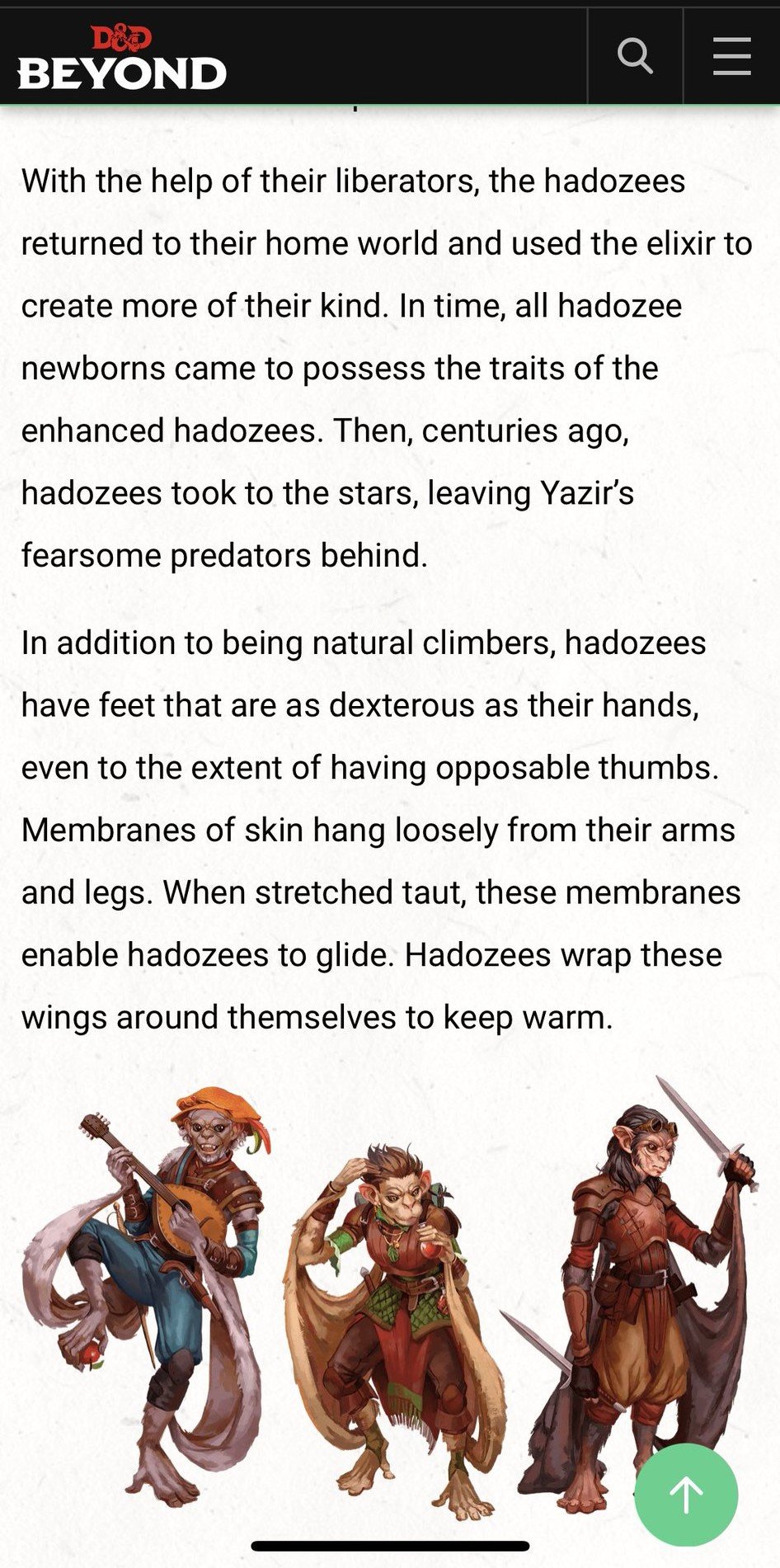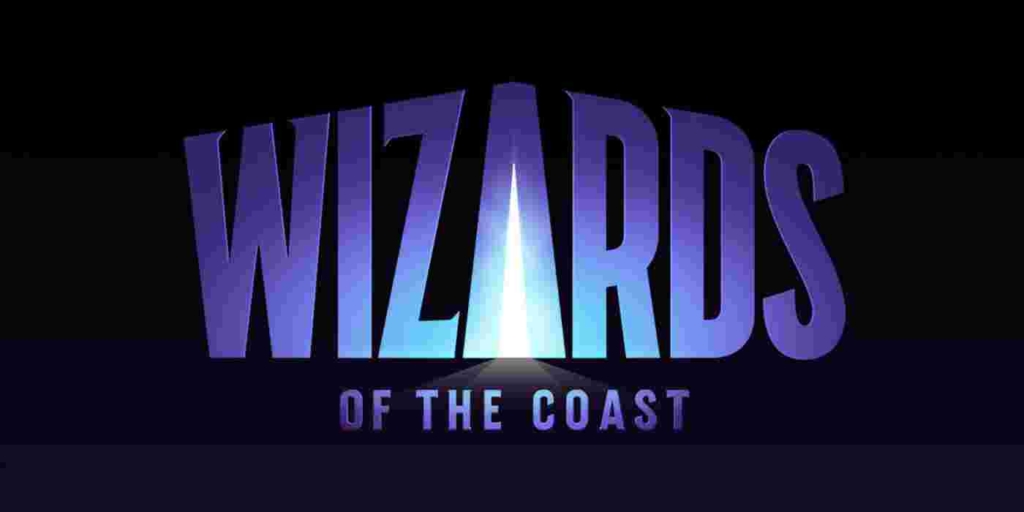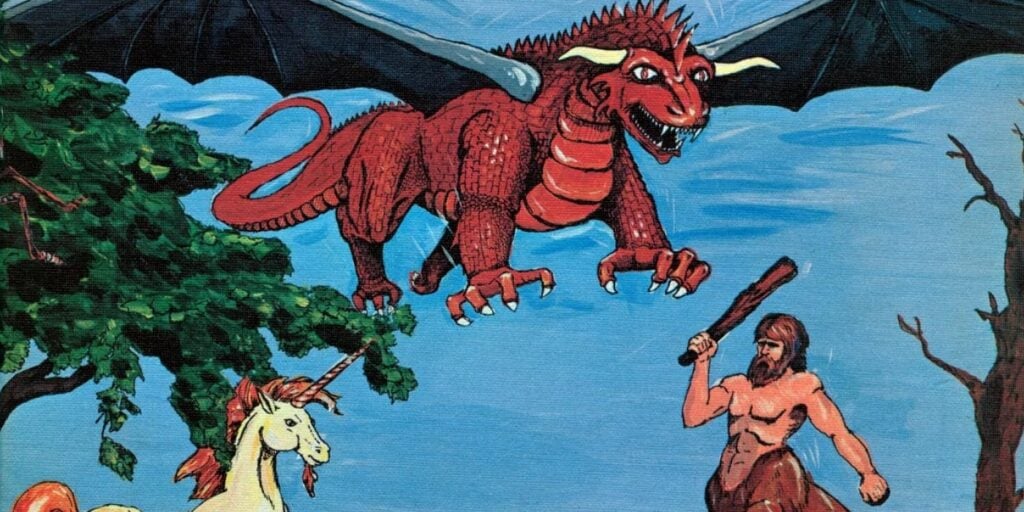D&D: WotC Apologizes For “Offensive Material”, Issues Errata
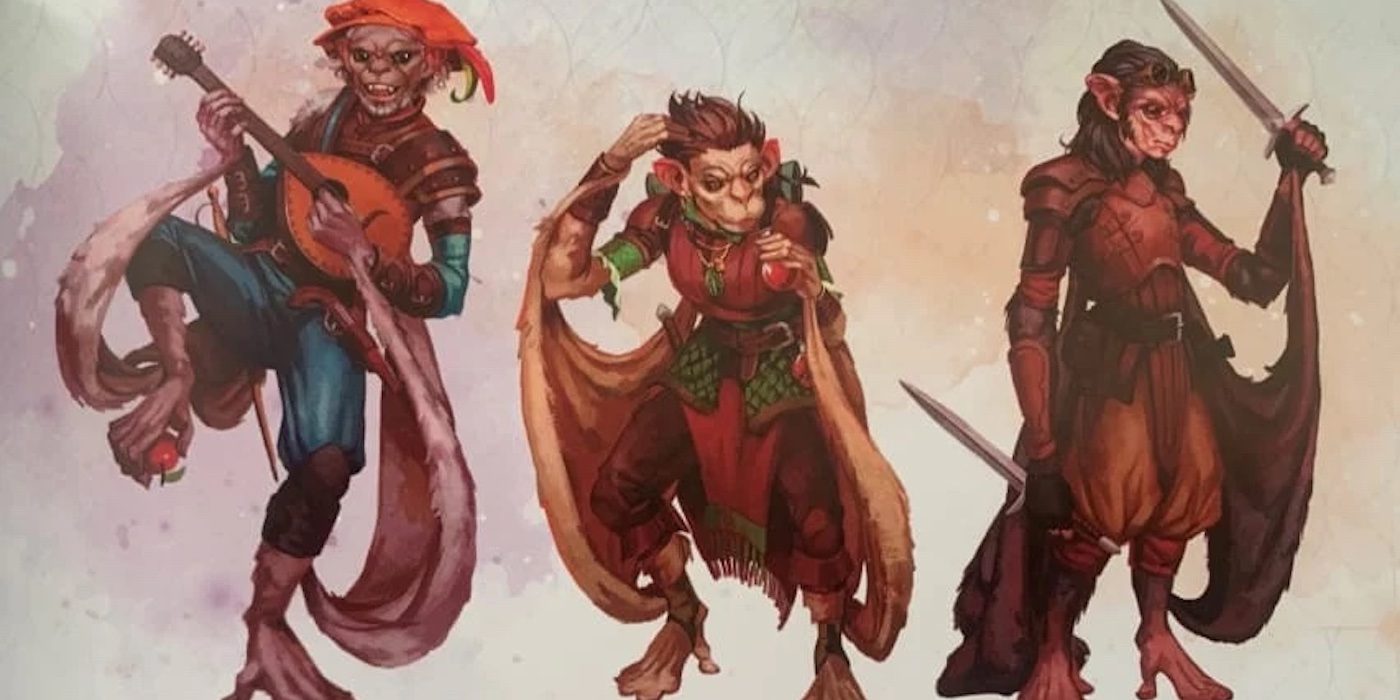
Time to update the “___ Days since WotC did a Racism” sign. WotC quietly apologizes for “offensive material” in their latest release.
WotC issued an apology on Friday for “the inclusion of offensive material within [WotC’s] recent Spelljammer: Adventures in Space content.” The offensive material in question relates to the backstory of the Hadozee, one of the classic Spelljammer races reintroduced in the Astral Adventurer’s Guide.
We failed our adventurers, and we are truly sorry.
Our statement on the Hadozee. https://t.co/3EKI13EfTd
— Dungeons & Dragons (@Wizards_DnD) September 3, 2022
The apology was accompanied by errata which removed the offending material. This marks the fastest turnaround WotC has made on issuing content-based errata for a book. Normally, such things come before a new print run. But as of now, digital versions of Spelljammer have been revised on D&D Beyond.
Both moves come after a week of WotC facing criticism from the community over the lore behind the Hadozee. In its current version, it casts the Hadozee as “uplifted slaves.”
WotC Apologizes for Offensive Material in Hadozee Backstory
WotC’s apology reads as follows:
We wanted to acknowledge and own the inclusion of offensive material within our recent Spelljammer: Adventures in Space content. We failed you, our players and our fans, and we are truly sorry.
The campaign includes a people called Hadozee which first appeared in 1982. Regrettably, not all portions of the content relating to the Hadozee were properly vetted before appearing in our most recent release. As we continue to learn and grow through every situation, we recognize that to live our values, we have to do better.
Throughout the 50-year history of Dungeons & Dragons, some of the characters in the game have been monstrous and evil, using descriptions that are painfully reminiscent of how real-world groups have been and continue to be denigrated. We understand the urgency of changing how we work to better ensure a more inclusive game.
Effective immediately, we will remove the offensive content about Hadozee in our digital versions – and these will no longer be included in future reprints of the book. Our priority is to make things right when we make mistakes. In addition, we’ve initiated a thorough internal review of the situation and will take the necessary actions as a result of that review.
We are eternally grateful for the ongoing dialog with the D&D community, and we look forward to introducing new, engaging and inclusive content to D&D for generations to come. D&D teaches that diversity is strength, for only a diverse group of adventurers can overcome the many challenges a D&D story presents. In that spirit, we are committed to making D&D as welcome and inclusive as possible. This part of our work will never end.
For reference, here’s the Hadozee as originally presented:
In the screenshots here, you can find the material that WotC themselves have deemed offensive.
And rightly so. Now you might want to race to the comments to say “if you think of black people when you read about a race of fictional monkeys, that’s the real racism”! Let me remind you that pointing out racist content in fictional material is in fact, not itself an act of racism.
And if you’re thinking “well isn’t that just like the standard ‘uplifted aliens’ trope”? First of all, maybe that one needs to be reconsidered. But second of all, this specific race of these specific monkey people was enslaved by a wizard who “uplifted them” specifically to be sold as “enhanced warriors […] to the highest bidder.”
Calling black people “monkeys” is an old racist slur that predates any of this. And those specific parallels are where the offense comes into play. There’s also the artwork, which has also been removed from the digital version on D&D Beyond.
It isn’t that people saw a race of humanoid monkeys and thought “oh these are black people.” It’s that they read lore with very specific parallels. And saw imagery that evokes minstrel shows.
Bizarrely, this particular “pain point”, given their statement on diversity from two years back, is recently added. In previous editions, they were naturally gifted sailors. They hadn’t, until this edition, been enslaved by wizards intending to sell them. Were they problematic? Yes, and for reasons that Three Black Halflings explain quite well.
WotC Pledges to Move Forward. Again.
WotC’s late-night apology was swift, coming in at 10:14pm on a Friday evening. A classic PR trick to keep bad news from boiling over. But WotC has pledged to do better moving forward.
Just as they promised to do after they issued an apology for not crediting their Cultural Consultant on Strixhaven Curriculum of Chaos. Or as they promised to do better after apologizing for racist depictions on Magic Cards. Or after apologizing for queer erasure in Magic, mistreating their employees of color, and publishing other racially insensitive depictions in D&D books while continuing to profit from old racist materials like Oriental Adventures.
All these examples are just within the past three years. And if you look at the comments on WotC’s apology thread on one of its more public platforms, you’ll see just how much work is left to be done. Now nobody will get it perfect. And WotC continues to promise to try. But this is all compounded by the enormous shadow that Wizards of the Coast casts.
They’re a billion-dollar company, by now, backed by an even bigger toy conglomerate with its own entertainment division. WotC has more reach than any other RPG publisher, they have a much wider audience.
Where they go, the rest of the industry follows.
One hopes they take a step towards that better future they continue to promise.

